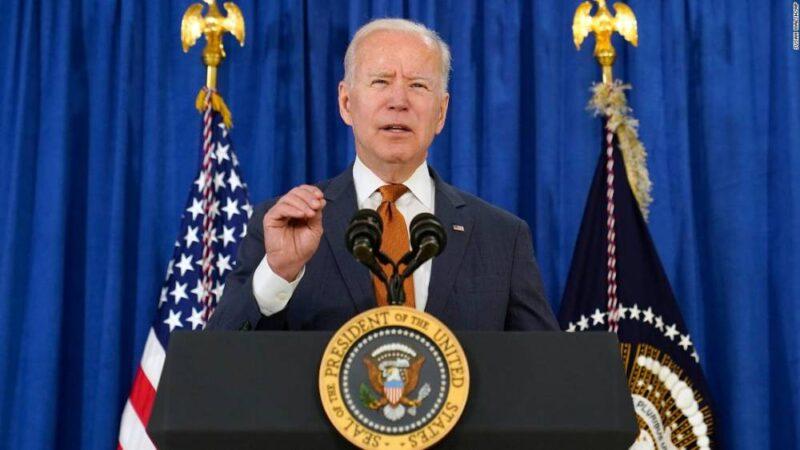New York (CNN Business)A once-in-century pandemic. Political polarization. The fight for social justice. An existential climate crisis. The modern CEO faces a minefield of vexing challenges every day.
“We’re only at the tip of the iceberg,” Tim Ryan, US chairman of PricewaterhouseCoopers, told CNN Business. That’s why PwC, the 160-year-old accounting and consulting giant, is embarking on a serious makeover designed to help business leaders grapple with tomorrow’s challenges.
As sad as it makes me, we're going to be living in a polarized world for the next 10-plus years."
PwC US announced Tuesday a sweeping reorganization that will merge its accounting and tax lines of service into a single function, known as Trust Solutions. And the firm is revamping its advisory business, which includes cybersecurity, privacy, cloud, M&A and tax consulting, into a single Consulting Solutions unit.
“This is-a-once-in-a-generation change,” Ryan said. Read More
‘The game is changing’
The firm is also launching the PwC Trust Leadership Institute, which aims to help more than 10,000 business leaders make responsible decisions.”The game is changing. The expectations on business leaders are going up and up, and the number of topics is getting broader,” Ryan said. “Our clients are trying to understand how to go from the back foot to the front foot.”Indeed, major companies have been thrust into the middle of political battles over the past 18 months around how to reopen the economy, address inequality and even preserve democracy.

Exclusive: US businesses warn crumbling infrastructure is hurting the economyFor instance, activists threatened to boycott some Atlanta-based corporations this spring for failing to speak out about Georgia’s controversial voting law. But once some companies did voice concerns, former President Donald Trump called for Republicans to boycott those brands. “As sad as it makes me, we’re going to be living in a polarized world for the next 10-plus years,” Ryan said. The PwC executive argued that Corporate America has largely performed well during these trying times. But he warned the challenges are only going to get bigger from here. “The Trust Institute is not an indictment of where we are today,” Ryan said. “It’s a clear recognition of where the world is going.”
PwC wants to ‘own’ the trust business
Of course, PwC has been involved in controversies of its own. In 2019, the Securities and Exchange Commission charged PwC with “improper professional conduct” and violating auditor independence rules. In 2016, the firm reportedly settled a $5.5 billion lawsuit over its failure to catch fraud at mortgage lender Taylor Bean. PwC had previously settled a lawsuit from shareholders angered by the accounting fraud at Tyco.Asked what makes PwC uniquely qualified to train tomorrow’s leaders, Ryan pointed to the firm’s long history in financial reporting.”We’re not perfect. We do believe we do way more good than bad, and we think we are part of the solution,” Ryan said. “Given our heritage, we are exactly the ones who should own helping companies build trust.”

Goldman Sachs to clients: Don't sweat the global minimum tax
PwC is also pledging to invest $125 million to address inequality through a new training and mentorship initiative that will support 25,000 Black and Latinx college students. The firm’s goal is to hire 10,000 of those students in the next five years. PwC currently employs about 55,000 workers in the United States.
Even though PwC is beginning a major reorganization, the firm insists the changes won’t result in any job cuts. Globally, the firm expects to add about 100,000 new jobs over the next five years, a hiring commitment PwC said equates to $12 billion.”We didn’t let anyone go [during the pandemic] and we’re not going to let anybody go now,” Ryan said, adding that PwC expects to name 1,000 new partners and promote tens of thousands over the next three years. “This is a growth story.”
Source: edition.cnn.com

